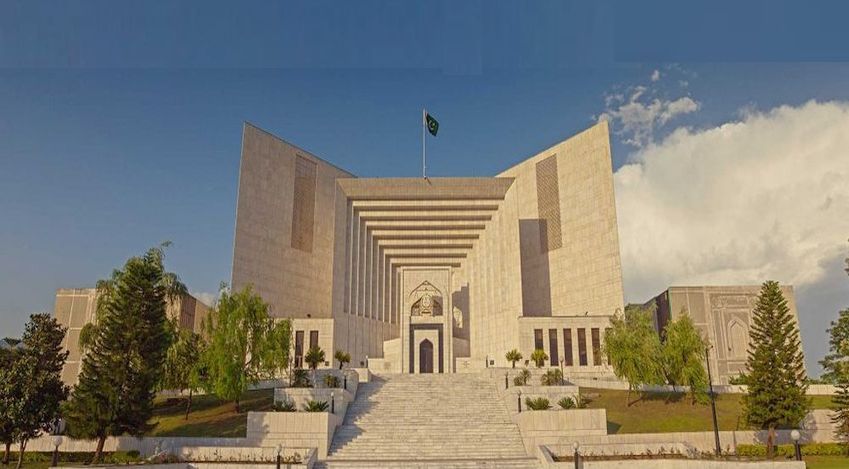Any Procedural Lapse, such as Inconsistent Evidence or Missing Witnesses, is Fatal to Pre-Emption Rights --- Supreme Court of Pakistan
Islamabad 18-12-2024: In a significant decision, the Supreme Court of Pakistan has reaffirmed the importance of strict procedural compliance in pre-emption cases under the N.W.F.P. Pre-emption Act, 1987. The Court set aside the judgments of the appellate Court and the Peshawar High Court, restoring the trial Court’s dismissal of the plaintiff’s suit due to procedural lapses in fulfilling pre-emption demands.
The case involved the disputed sale of land in Bannu, where the Respondent sought possession of the property through pre-emption. The plaintiff alleged compliance with the required steps for asserting pre-emption rights: Talb-i-Muwathibat (immediate demand) and Talb-i-Ishhad (written notice), as mandated by Section 13 of the Pre-emption Act, 1987. The trial Court initially dismissed the suit due to a failure in proving Talb-i-Muwathibat, but this decision was overturned by the appellate Court and later upheld by the High Court.
The Supreme Court of Pakistan, led by Mr. Justice Shahid Bilal Hassan, analyzed whether the plaintiff had adhered to the mandatory procedural steps:
- The Court emphasized that Talb-i-Muwathibat must occur immediately upon learning of the sale. Any delay, including consultations with others, undermines its validity. The plaintiff admitted to a delay, which rendered the demand non-compliant with the law.
- The Court noted discrepancies in witness testimonies and the absence of critical witnesses, including the informant and the postman. This raised doubts about the credibility of the plaintiff’s case.
- The Court reiterated that pre-emption is a unique right dependent on strict procedural compliance. Non-compliance with Talb-i-Muwathibat nullifies subsequent steps, including Talb-i-Ishhad.
Based on these findings, the Supreme Court of Pakistan concluded that the plaintiff failed to establish compliance with the essential requirements of the Pre-emption Act.
The judgment underscored several key legal principles:
- Pre-emption demands must be performed exactly as prescribed by law.
- Non-production of essential witnesses or evidence invites an adverse presumption under Article 129(g) of Qanun-e-Shahadat, 1984.
- Any delay in making Talb-i-Muwathibat is fatal to a pre-emption claim.
The Supreme Court of Pakistan allowed the appeal, reinstating the trial Court’s dismissal of the pre-emption suit. The judgment sends a strong message about the critical importance of adhering to procedural requirements in pre-emption claims.
Powered by Froala Editor








